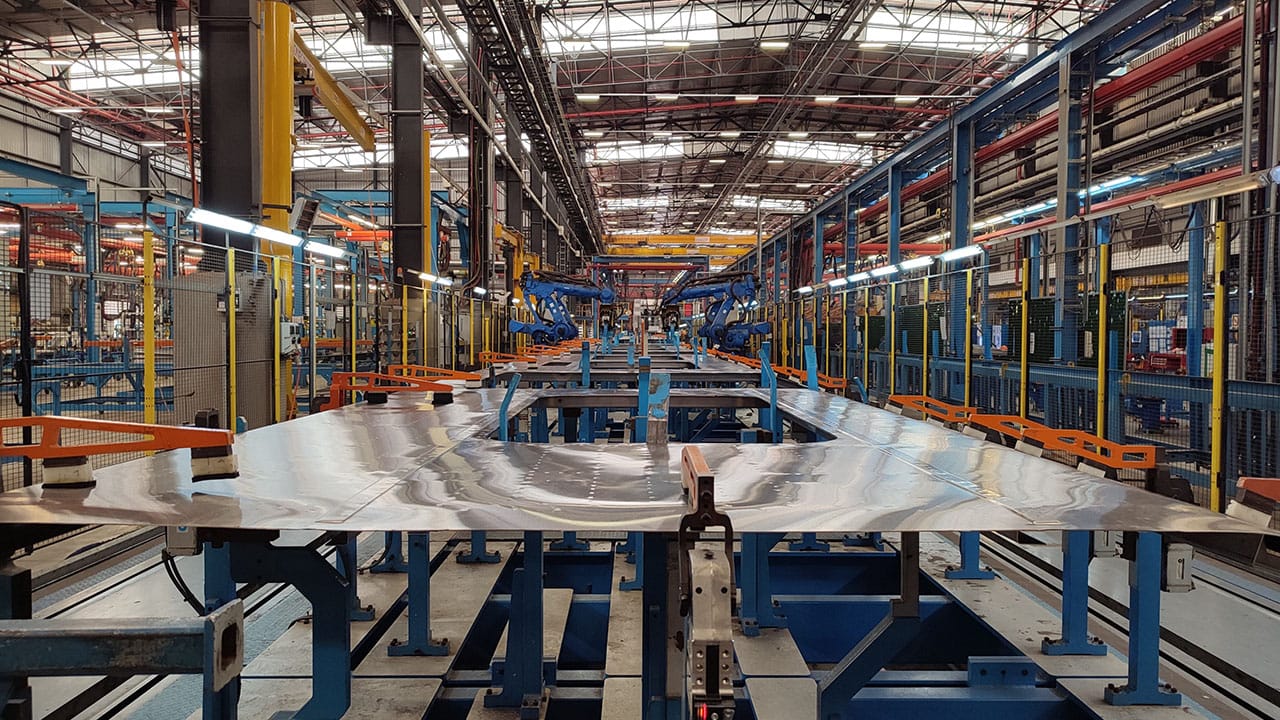
Work
In the future, dignified and satisfying work will be available to everyone.
It will be easy to do tasks for others, in return for whatever we need for ourselves and those we care about. Work will be a source of pride and personal growth, but not the central focus of every life. We will define ourselves in many ways, and without complete reliance on personal incomes.
Without work, too many face shrunken and frightening futures, including poverty and hunger. Politicians promise to create jobs in different ways, and would be popular if they succeeded, yet consistently fail. This can lead to conspiracy theories about corruption and elite capture. Many vote with their feet, and move to cities or countries in the hope of better prospects.
Populist leaders in America and Europe promise a return to golden eras of industrial wealth, and well-paying jobs. This can be through erecting tariffs to protect local manufacturers, and tearing up environmental and social regulations which frustrate industrialists by adding costs. Reducing work protections may encourage short-term flexible ‘gig economy’ opportunities.
However golden eras do not survive close examination. Britain, the workshop of the world, saw desperate masses emigrate, and the horrors described by Dickens, Engels and Marx. The post-war growth of the USA was aided by government subsidised land for a limited few, while inner-cities were hollowed out by white flight. These are not role models which scaled.
No single country is globally dominant now, and protectionist policies increase costs for all. Industries in the age of automation will never employ large parts of the population again. Cutting regulations and environmental protections only creates larger problems in the future. Gig economy jobs are often precarious, poorly paid, and do not replace sustainable careers.
Currently, good jobs and healthy economies are scarce, and unevenly distributed worldwide. Millions of people move from places where there aren’t enough jobs, to bolster economies where local jobs don’t pay enough for local workers, at a huge but largely invisible cost. High-paying elite jobs which increase productivity often increase overall unemployment.
We’ve normalised the idea that some parts of the world are basically stuck for generations, while existential competition to survive is a normal part of the national and human condition. Anxiety stems from the Christian Fall and Redemption, Protestant Work Ethic, and evolution, but this struggle has no basis in economics – which predicted rising wealth and ease for all.
Instead of new jobs based on new technologies, we need to reduce the cost of living for all. There are plenty of livelihoods we already need – including teaching, childcare and nursing – which simply are not sustainable right now. Competing to live in overcrowded megacities drives up the cost of housing and other services, and squeezes earnings, wherever you live.
In the calmer future, living in smaller sustainable cities reduces costs of living for everyone. With dramatically lower living costs, people can sustain themselves with a variety of work. This will reduce social and economic pressures, freeing people to make different choices. Choices based on preferences, and wider social needs, rather than economic desperation.